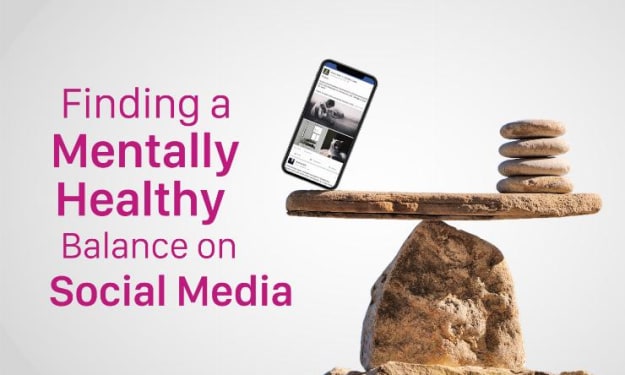The Art of Synthetic Happiness
Embracing the Power of Choice and Adaptation

In a world where we are constantly bombarded with messages about achieving happiness through material success, external validation, and life events, it's easy to lose sight of the fact that happiness is not solely derived from external circumstances. In a thought-provoking TED Talk titled "[Music] When You Have 21 Minutes to Speak," psychologist Dan Gilbert delves into the fascinating concept of synthetic happiness. Gilbert challenges our conventional understanding of happiness, revealing how the human mind has a remarkable ability to synthesize happiness even in the face of unfavorable situations.
The Quest for Happiness
In our pursuit of happiness, we often assume that true contentment lies in achieving specific goals, acquiring possessions, or reaching significant milestones. However, Gilbert argues that our psychological immune system plays a crucial role in shaping our perception of happiness. Drawing on evolutionary insights, he explains that the human brain has evolved over two million years, resulting in the development of the prefrontal cortex—the part of the brain responsible for experience simulation.
The Marvel of Synthetic Happiness
Gilbert introduces the concept of synthetic happiness—a kind of happiness that we generate when our reality doesn't align with our desires. He uses examples from everyday life to illustrate how our psychological immune system can help us cope with adversity and find contentment even in challenging circumstances. For instance, he compares the happiness levels of lottery winners and paraplegics, demonstrating that their reported happiness levels eventually even out over time.
The Impact Bias
One of the most intriguing aspects Gilbert delves into is the impact bias—the tendency for individuals to overestimate the emotional impact of future events. Through various studies, he demonstrates that people tend to believe that both positive and negative outcomes will have a more significant impact on their happiness than they actually do. This leads to a misconception about the lasting effects of life events, as time tends to mitigate the emotional intensity of such experiences.
Synthetic vs. Natural Happiness
Gilbert presents a distinction between synthetic happiness and natural happiness. He explains that natural happiness is the feeling we get when we achieve what we want, while synthetic happiness is the happiness we create when we don't get what we want. Through real-life examples, including interviews with individuals who have faced significant challenges, he highlights that synthetic happiness is just as real and enduring as natural happiness.
The Experiment of Choice
To further support his argument, Gilbert conducts experiments involving participants' choices and the subsequent impact on their happiness. He presents a scenario where participants choose between two photographs and then must decide whether to keep the chosen photograph or swap it for the other. The results demonstrate that participants who make irreversible choices experience less happiness compared to those with the freedom to change their minds. This reveals the psychological implications of having options and the power of adaptation.
The Paradox of Choice
Gilbert's research underscores the paradox of choice—the notion that while having choices is generally considered positive, an abundance of choices can lead to indecision and dissatisfaction. He explains that synthetic happiness thrives when individuals are limited in their choices, as they have the opportunity to adapt to their circumstances and find contentment.
Embracing Synthetic Happiness
In conclusion, Gilbert invites us to embrace the concept of synthetic happiness as a valuable tool for navigating life's challenges and uncertainties. By recognizing our innate ability to adapt and generate happiness, we can foster a more resilient and fulfilling mindset. Rather than fixating on the pursuit of perfection and external circumstances, we can learn to appreciate the power of choice, adaptability, and our mind's capacity to create happiness from within.
The Takeaway
Dan Gilbert's thought-provoking exploration of synthetic happiness challenges conventional notions of happiness and reveals the incredible adaptability of the human mind. His insights encourage us to reevaluate our priorities and understand that our longings and worries may be overblown. By embracing synthetic happiness and recognizing the importance of choice and adaptation, we can lead more content, resilient, and fulfilled lives, regardless of external circumstances. In a world constantly pushing us to chase external validations, Gilbert's message reminds us that true happiness is within our grasp—all we need to do is harness the power of our own minds.
About the Creator
Abdmadjed Nabed
it's my time to find and use my voice.
Poetry, short stories and a lot of things I think and wish I'd known a long time ago.
Enjoyed the story? Support the Creator.
Subscribe for free to receive all their stories in your feed. You could also pledge your support or give them a one-off tip, letting them know you appreciate their work.





Comments
There are no comments for this story
Be the first to respond and start the conversation.